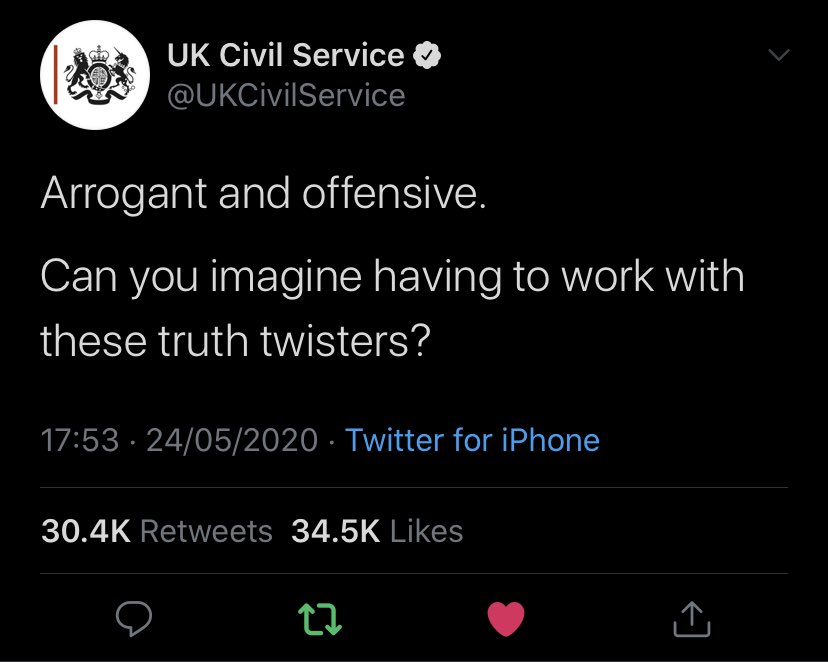Sweden 'wrong' not to shut down, says former state epidemiologist
Scientist who oversaw the response to Sars says country has failed the vulnerable
Richard Orange
Sun 24 May 2020 09.07 BST
The predecessor of Sweden’s state epidemiologist has broken her silence on the country’s controversial coronavirus strategy, saying she now believes the authorities should have put in place tougher restrictions in the early stages of the pandemic to bring the virus under control.
Annika Linde, who oversaw Sweden’s response to swine flu and Sars as state epidemiologist from 2005 to 2013, had until now expressed support for her country’s approach under her successor, Anders Tegnell.
But she has now become the first member of the public health establishment to break ranks, saying she has changed her mind as a result of Sweden’s relatively high death toll compared with that of its neighbours, Denmark, Norway, and Finland.
“I think that we needed more time for preparedness. If we had shut down very early ... we would have been able, during that time, to make sure that we had what was necessary to protect the vulnerable,” Linde told the Observer.
For two days last week Sweden had the highest per capita death rate in the world on a seven-day rolling average, and the overall death toll is expected to pass 4,000 this weekend.
Per capita death rates in Denmark, Finland and Norway, which all put in place far-reaching lockdowns, are now, respectively, four, seven and nine times lower than that of Sweden.
Sweden has run the least restrictive strategy of any developed country, leaving lower secondary schools, bars, restaurants, shopping malls and gyms open, and allowing gatherings of up to 50 people. It has placed heavy reliance on the social responsibility and common sense of the public.
Linde said that she had initially shared the thinking underpinning Sweden’s approach. “The basic perception was, I think, that sooner or later, irrespective of what you do, you will have the whole population infected,” she said.
“So when Anders Tegnell said ‘we will flatten the curve, and we will protect the vulnerable’, I thought ‘we will reach herd immunity after a while. It could be a good strategy’. I wasn’t that critical.”
Since then many countries have demonstrated that it is possible to dramatically lower the incidence of coronavirus infection and bring the pandemic, at least temporarily, under control.
At the same time, the second part of Sweden’s strategy – to protect the elderly and other risk groups – has failed.
“This was like a dream that we could protect the elderly, with very little basis in reality,” argued Linde, who as a 72-year-old has now spent more than two months in semi-isolation.
Politicians, the media and the public in Sweden continue largely to support the public health agency’s handling the pandemic, with the exception of a small group of academics and researchers. Linde’s criticisms, first aired in an interview in the Dagens Nyheter newspaper, mark the first critical intervention from a member of the public health establishment.
Tegnell, in an interview to be broadcast today on Swedish national radio, conceded that the country was in a “terrible situation” but dismissed the idea that a lockdown would have helped.
“It very common to come up with that criticism, and say ‘if we had locked down, we could have done so much more before. But when I ask the question, ‘what, exactly, could we have done which would have changed so much?’, then I don’t get so many answers.”
Linde said Tegnell was wrong to place the blame for the high rate of infection in Swedish elderly care homes on the local authorities and the private companies who run them.
This “sounds logical”, she said. “But it should be informed upwards that the preparedness is there, so that those that decide on the strategy know that the strategy is possible to realise. This was missing.”
She attributed the failure of Sweden’s approach partly to the public health agency’s unwillingness to adapt a pre-prepared strategy built on the experience of influenza pandemics, such as Spanish flu and swine flu, to coronavirus.
“The fact that it was compared too much to influenza epidemics could have made us make the wrong assumptions in the beginning,” she said. “We could have maybe had another development had we been, for example, more aware of the risk of spread from asymptomatic individuals.”
https://www.theguardian.com/world/2020/may/24/sweden-wrong-not-to-shut-down-says-former-state-epidemiologist?CMP=share_btn_tw




 by kondo Sun May 24, 2020 4:32 pm
by kondo Sun May 24, 2020 4:32 pm








 disident
disident